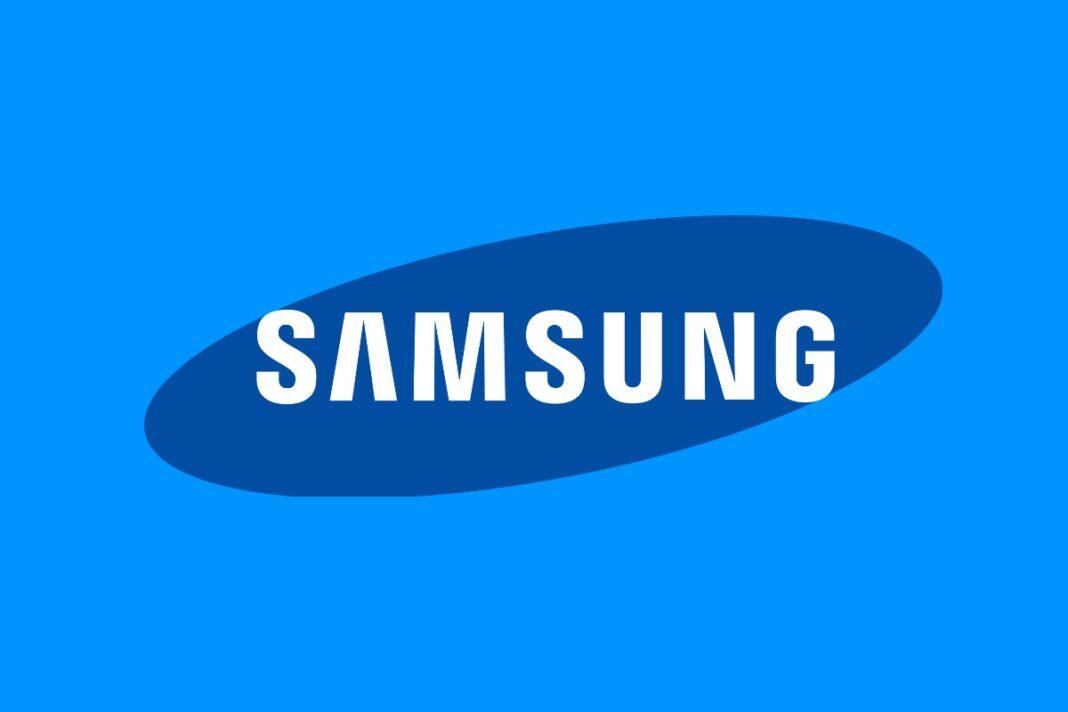Samsung Electronics, the world’s largest maker of televisions, tablets, and smartphones, has announced a significant cut in memory chip production, estimating a 96% drop in its quarterly operating profit. According to the company, the reason for the significant drop in sales was primarily due to the sluggish global economy and reduced demand following the impact of Covid. During the Covid-induced lockdowns, the demand for memory chips surged as consumers purchased new electronic devices to use at home.
Samsung to cut memory chip production amid a drop in demand
In the first quarter of the year, Samsung’s preliminary financial results indicated a decline in operating profits by 600 billion won (£366m) compared to the previous year’s 14 trillion won.Despite the decision to slow chip-making, the firm’s shares rose more than 4%The South Korean tech giant has stated that it will significantly reduce the production of memory chips, particularly those with secured supply. According to analysts, Samsung’s decision to reduce its memory chip production is an unusual move. This is especially noteworthy, given that the company had announced its plans to invest 300 trillion won in the development of a mega semiconductor hub in South Korea, just last month.
Slow global economy and less demand after Covid hit Samsung’s sales
The Covid pandemic has affected the global economy, leading to a drop in sales of Samsung’s products. The demand for end products slowed down suddenly, leading to a drop in the demand for memory chips.Peter Hanbury, an analyst at management consultancy Bain & Company, explained that when the global economy slowed down, the demand for end products also reduced. Consequently, manufacturers of these end products halted their orders for chips and instead focused on selling their existing inventory. This sudden change in demand resulted in a significant “bullwhip” effect for semiconductor manufacturers further back in the supply chain, where the high demand for chips during the shortage abruptly disappeared.
Semiconductor industry recovering from the chip shortage
The semiconductor industry is now recovering from the chip shortage over the past couple of years. Despite the recovery of the semiconductor industry, several manufacturers are still grappling to maintain a balance between their inventories and the current demand. In contrast, the biggest producer of televisions, tablets, and smartphones globally, had previously resisted reducing its memory chip production in comparison to its rivals. Samsung’s announcement of a production cut is a sign of a market recovery in the semiconductor industry, which is good news for investors.
Investors hopeful for a market recovery in the semiconductor industry
Samsung’s announcement of a production cut is seen as a positive sign by investors, who are hopeful for a market recovery in the semiconductor industry. Peter Hanbury expects the current inventory “digestion” phase to be completed within the next 3-6 months. At this point, the end markets will have resolved their inventories and returned to a more typical purchasing pattern. However, it is facing a significant challenge as both its DRAM and NAND (memory chips) are losing money. Additionally, the company must update the process technology used in its factories due to falling behind over the last few years, according to Dylan Patel, Chief Analyst at SemiAnalysis.
Memory chip production cut could lead to a market recovery
Samsung’s announcement of a production cut is being perceived as a positive sign by investors, who believe it could lead to a market recovery in the semiconductor industry. The chip shortage has been a major concern for the technology industry over the past couple of years, with many manufacturers struggling to find a balance between their inventories and current demand. Samsung’s decision to cut memory chip production may help address the inventory glut and bring supply and demand back into balance.
Peter Hanbury, an analyst from management consultancy Bain & Company, anticipates that the inventory “digestion” phase will conclude within the next 3-6 months. He expects that by then, the end markets will have resolved their inventories and reverted to a more standard purchasing pattern.Samsung’s announcement may also have a positive impact on the prices of memory chips, which have been on a downward trend in recent months due to oversupply. A production cut could help stabilize prices and boost the profitability of memory chip makers.
Samsung’s long-term plans for semiconductor development
Despite the current challenges in the semiconductor market, it remains committed to developing its semiconductor business. Last month, the company announced plans to invest 300 trillion won ($256 billion) over the next 20 years to develop a mega semiconductor hub in South Korea. The project aims to create 15,000 jobs and increase Samsung’s global market share in semiconductor manufacturing.
Similar articles: Japanese restaurant bans smartphone use while dining
The new semiconductor hub will focus on the development of advanced technologies such as artificial intelligence, 5G, and the Internet of Things (IoT). It aims to become a leader in these fields and stay ahead of its competitors by investing in research and development.



